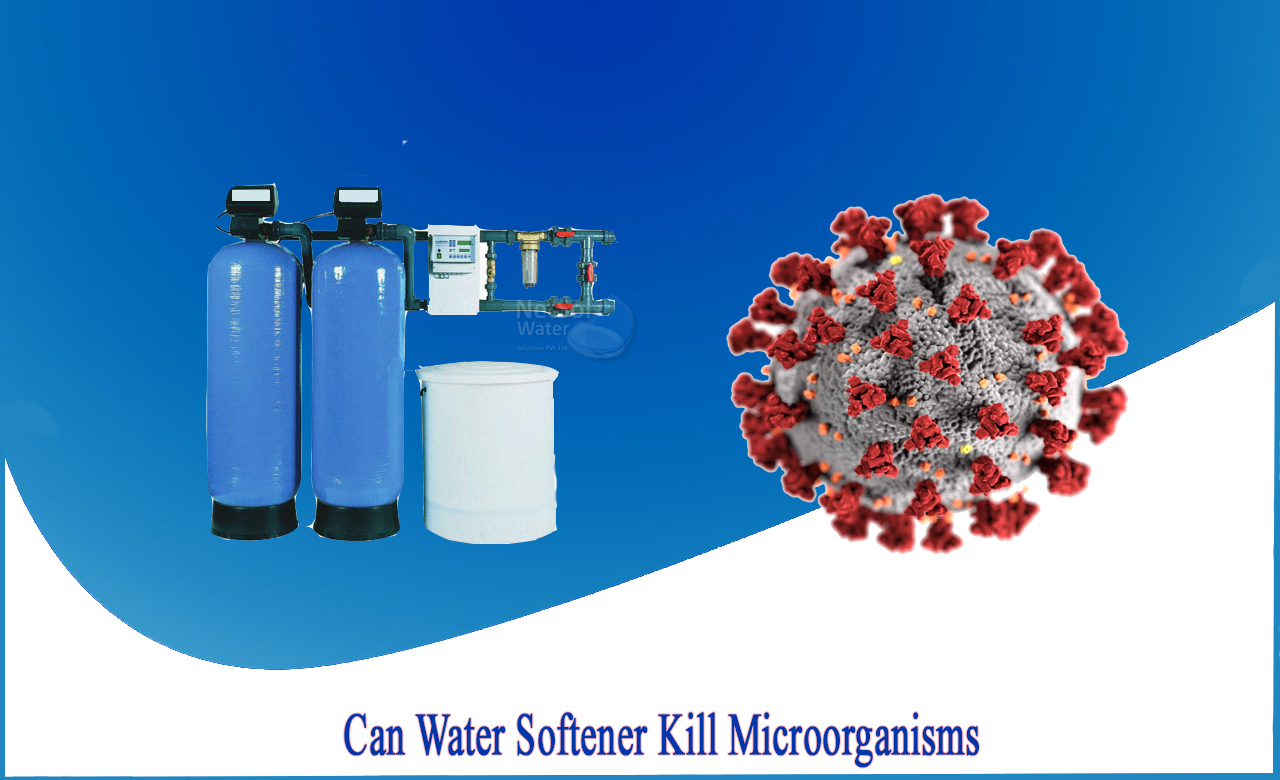Bacteria can be bad for your health, but they can be good for you too! Interestingly, yogurt is made of bacteria, so getting rid of all the bacteria is not always a good idea. Unfortunately, the water softener does not kill the bacteria, but it may not be so bad. The water softener converts hard water into soft water by exchanging hardness-forming ions such as calcium, magnesium and iron for softer sodium and potassium ions. The hardness of the water does not harm your health, but it does annoy the whole house. Think of foaming around faucets, sinks, faded clothes, straw-like hair, itchy skin, long-lasting appliances, and higher utility bills! On the contrary, soft water brings so many benefits to your home, even if it doesn't kill the bacteria, it certainly doesn't cause headaches to homeowners.
How do I know if my household water is contaminated with bacteria?
Bacteria usually fall into two categories: pathogenic and non-pathogenic. Pathogens are harmful and cause illness and illness (eg, E. coli). Non-pathogenic bacteria are considered harmless and do not cause illness. These are the types of bacteria found in yogurt and kombucha.
Both pathogenic and non-pathogenic occur naturally in water, and the most common bacteria that occur in water are iron bacteria. It looks red because it eats iron and is thought to be harmless to human health, but it is more difficult to find pathogens. Normally, bacteria in the water cannot be seen, tasted, or smelled, and many of the following health symptoms do not appear immediately: Fever, abdominal pain, vomiting. Therefore, laboratory testing is the only way to determine if water is contaminated with bacteria.
How do I know if my underwater contains bacteria?
Underwater bacteria are a serious problem not only for rural homeowners, but also for townhouses with older systems. Testing the water supply of a particular bacterium can be costly as it requires special training and equipment for the handling and culture of the organism. Therefore, most water supplies are usually tested only for the presence of coliforms present in the digestive system of humans, animals, soil and plants. This form of bacteria is not pathogenic, but it is a good indicator that the water supply is contaminated with pathogenic bacteria.
How do you treat bacteria in the water?
There are several options for removing bacteria:
Disinfect the water supply with chlorine:
If bacterial contamination occurs only once, one chlorination usually kills the bacteria- If done correctly! If there is persistent contamination and the cause cannot be determined, the bacteria will return. To meet US EPA standards, it is necessary to add 3-5 ppm chlorine to the water and maintain a 0.4 ppm free chlorine balance for at least 30 minutes. Install a UV disinfectant or UV system. The UV system is installed in your basement where your water enters your home. All water droplets pass through the UV system and kill bacteria. The UV system uses a special light bulb that inactivates bacteria without adding chemicals to the water! The company sells UV lamps for a variety of hard-to-find UV systems.
Reverse osmosis:
The reverse osmosis filter removes 99% of the bacteria and all chemicals (chlorine, fluoride) in the water, so you can get pure and clean drinking water. Sure, you can install a reverse osmosis filter for your entire home, but you can easily add it to your existing water softener by placing the filter under the sink faucet.
How to disinfect the water softener?
If you already have a water softener and are worried that it may be contaminated with bacteria, this is the way to clean it. The water softener uses the salt stored in the brine tank to neutralize the hard water. When hard water enters the fabric softener and flows over the salt bed, hard ions collect at the bottom of the tank and are called the resin bed. The salt itself does not kill the bacteria, but all bacteria can be removed from the system by performing a bleach or vinegar rinse cycle.
Pour bleach into the water softener
Step 1: Find the brine tank and remove the lid. Use a tape measure to measure the entire top of the brine tank to see if you have a 9-inch tank or a 12-inch tank.
Step 2: Pour 1 cup of bleach into a 9 "tank or 2 cups of bleach into a 12" tank and close the brine tank.
Step 3: Find the cycle board in the water softener. Configure the control module to run a manual replay cycle. This process depends on the device. If in doubt, be sure to refer to the manufacturer's instruction manual. Or contact a certified water expert immediately.
Step 4: This is the most important step! Do not use water for drinking or bathing at home until the entire manual regeneration cycle is complete. In fact, it's best to let the water run for 510 minutes to make sure there is no bleach left in the system.
Netsol Water is Greater Noida-based leading water & wastewater treatment plant manufacturer. We are industry's most demanding company based on client review and work quality. We are known as best commercial RO plant manufacturers, industrial RO plant manufacturer, sewage treatment plant manufacturer, Water Softener Plant Manufacturers and effluent treatment plant manufacturers. Apart from this 24x7 customer support is our USP. Call on +91-9650608473, or write us at enquiry@netsolwater.com for any support, inquiry or product-purchase related query.



